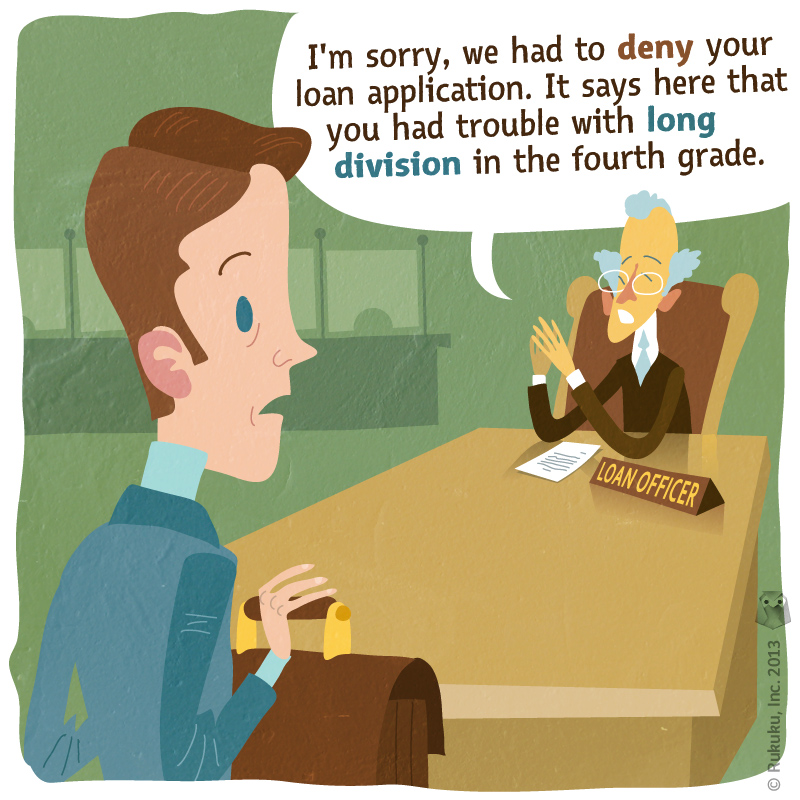Part 2: This will be on your permanent record.
As most people know, the deal with all this cool, new technology we get is often something like, you guys go ahead take this stuff for free and we’re going to keep track of what you do with it and where you are when you use it and who your friends are that you are using it with, and also your friends that you are not using it with, and oh yea, we may email you some ads or throw some ads along the side of your browser now and then. And we won’t share any info with the government unless they ask for it.
For some reason, that seems ok for most people. I include myself in that group, though I am still holding out on a few app updates because they’ve all starting asking for access to my contact list. Why do they need that for an app on bartending recipes? Maybe they just want to make sure I’m not drinking alone, but I suspect something more sinister. Still, I’ll probably give in before the end of next week. It’s annoying to be constantly reminded that the updates are available.
But our children, darn it. They are not old enough to be selling off their souls so easily. Imagine if companies find out that some students struggle with math. They may start advertising tutoring programs. Or they may start advertising video games with low monthly payments and high interest rates. Ok, they probably can’t do that, but being bad at math does make someone attractive to advertisers for all sorts of reasons.
Looking long term, there is that data set known ominously to students as “your permanent record.” Is there a chance of any of this stuff leaking out to colleges or potential employers or even the local gossip groups? No, never, educators and tech companies say. And I do my best to believe them. But it’s something of which we should be conscious.
Luckily, some people are. Lawmakers in Massachusetts, for example, introduced a bill early this year to prevent companies from data-mining student emails. Meanwhile, organizations like Campaign for a Commercial Free Childhood (CCFC) are filing complaints with the FTC to protect kids from seeing too many advertisements in their educational apps.
Good work, guys. We’ll probably need more of that sort of work and soon, because the norms of privacy change quickly and rarely when we are ready.

